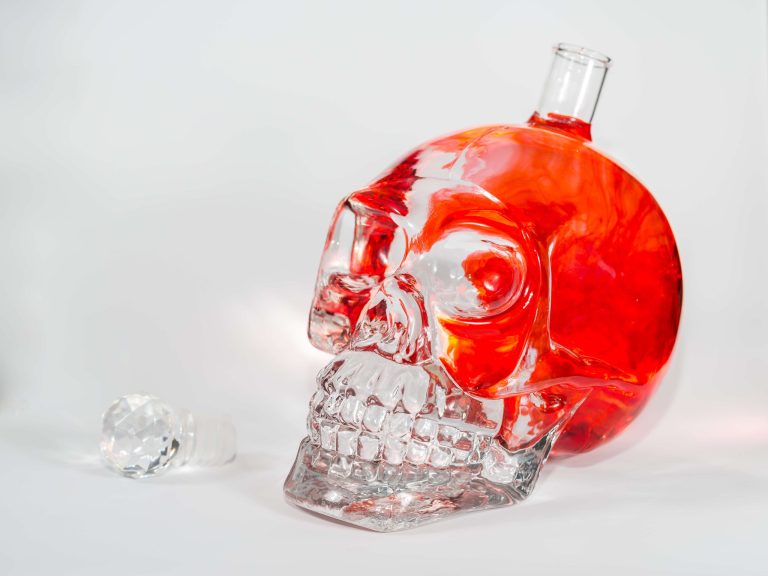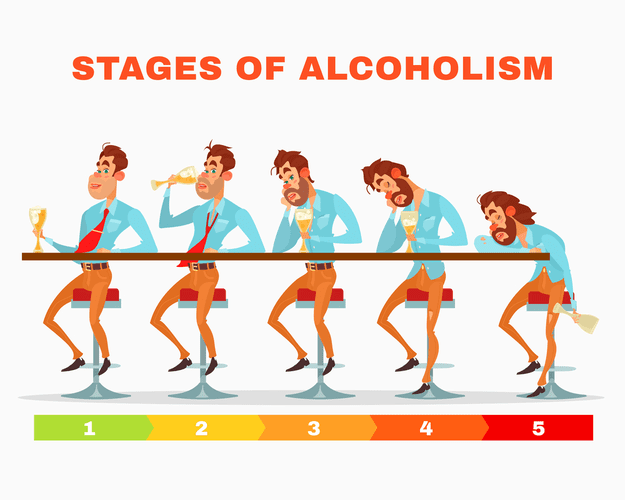Establish a consistent sleep routine and create a sleep-friendly environment to promote better sleep. Unfortunately, as an exception to the brain’s generalrestorative abilities, people who develop wet brain don’t recover in thisway. If you drink, make sure you get adequate thiamine to prevent this irreversibledisease. Alcohol can be enjoyed in moderation, and there are ways to mitigate the effects of overindulging. However, excessive drinking is dangerous, especially for young people.
What Is Non-HDL Cholesterol? Understanding Your Heart Health
- Brain fog, or mental fog, is often described as feeling mentally drained and unable to concentrate.
- A person should check themselves into an alcohol detox program and receive medication to wean themselves off drinks.
- It’s almost as if there’s a layer of film in our mind that prevents our brain from working as well as it normally does.
- Individuals should be prepared to be uncomfortable during this period and have medical help available if needed.
- This is because exercise can help to improve blood flow to the brain and reduce stress levels.
- You may have breakthrough moments when you can suddenly think clearly, but then these are followed by moments of fuzzy thinking.
In group therapy settings, individuals have the opportunity to connect with others who have experienced similar challenges, fostering a sense of belonging and support. Group therapy sessions provide a safe space to share experiences, gain insights, and develop valuable peer relationships that promote healing and recovery. From 2 months to 5 years of abstinence people makeincredible cognitive gains and get very close to a full restoration of normal functioning. In virtually all cases, no matter how severely alcohol-dulled you http://www.rock-n-roll.ru/details.php?mode=show&id=1078 feel now, a few years of abstinence willalmost completely reverse this cognitive damage. More resources for a variety of healthcare professionals can be found in the Additional Links for Patient Care.
Don’t Let Financial Worries Stop You from Getting Treatment
- If you need help cutting alcohol out of your life, we’re here to help and would be happy to talk.
- Eating a balanced diet and staying hydrated are essential for maintaining brain health and keeping brain fog at bay.
- To achieve long-term sobriety and maintain a fulfilling life, individuals need to engage in various aspects of aftercare and relapse prevention.
- This is because alcohol can interfere with the absorption of nutrients and lead to poor dietary habits.
- Brain fog and long-term alcohol misuse can increase vulnerability to mental health disorders such as anxiety and depression.
- Alcoholic brain fog occurs during or after someone develops an alcohol addiction.
People with alcohol use disorder (AUD) tend to have thinning in regions of their cortex; the wrinkled outer layer to the brain critical to so many higher order cognitive functions. The US study found those who quit https://medza.ru/prochee/ponemnogu-kak-razvivat-navyki-i-dostigat-tseley-post.html drinking gain cortical thickness over time, faster in the first month and continuing over 7.3 months, at which point thickness is comparable to those without AUD. Most people who have dealt with alcohol addiction have some idea of what brain fog feels like because it is very similar to how you might feel after a round of heavy drinking. Even a mild binge can lead to hangovers that create foggy thinking. During brain fog, you may experience any or all of the following symptoms. It is important to remember that the detox process is highly individualized, and the experience can differ from person to person.
Who Experiences Alcohol Withdrawal Symptoms?

People who drink heavily can also be at risk of alcohol poisoning. Brain fog is a term used to https://www.newsfactory.kz/bul_12216.html describe cognitive difficulties, such as trouble with focus, memory, and thinking. It’s often characterized by confusion, forgetfulness, or a lack of mental clarity. In fact, many people with alcohol use disorder (AUD) who go through the detoxification process experience prolonged brain fog.
How Does Alcohol Affect Your Brain?

Alcohol can also impair our cognition by affecting our diet and vitamin absorption. Alcohol is devoid of important proteins, minerals, and vitamins — and it actually inhibits the absorption and use of vital nutrients such as thiamine (vitamin B1), vitamin B12, folic acid, and zinc. Use of this site constitutes acceptance of Sober Recovery’s “Terms of Use”, “Privacy Policy”, “Cookie Policy”, and “Health Disclaimer”. The material on this site is for informational purposes only, and is not a substitute for medical advice, diagnosis or treatment provided by a qualified health care provider.
